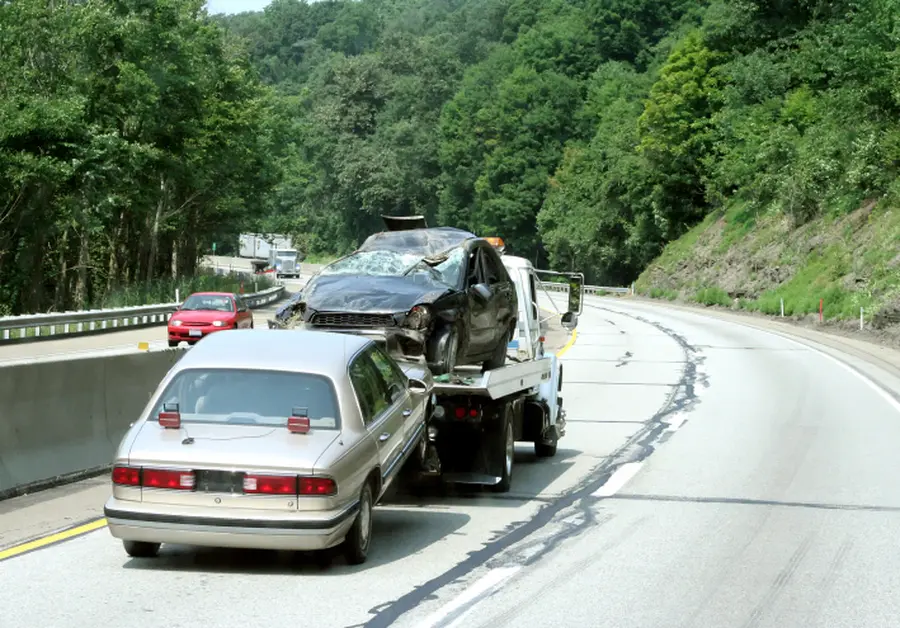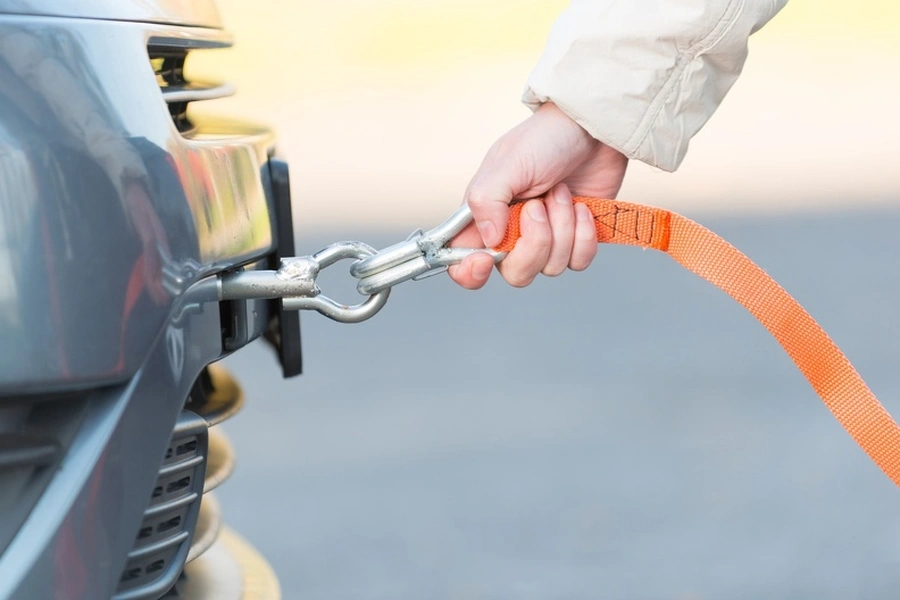An Overview of Towing Services and Needs
When your vehicle breaks down or gets stuck, knowing which towing service to call can make a huge difference. Different situations require different types of towing services. Whether it’s a flat tire or an involved accident, each scenario calls for specific equipment and expertise. This guide will help you understand the various towing options available, so you’re prepared next time you need to get your car moved safely to its next destination.

Light-Duty Towing: Everyday Needs
Light-duty towing is ideal for most passenger cars and small trucks. It’s commonly used for simple roadside assistance like jump-starts or flat tire changes. Companies offering these services often use smaller tow trucks, which are best suited for vehicles weighing less than 10,000 pounds. This type of vehicle towing ensures that everyday drivers can quickly get back on the road without hassle.
Medium-Duty Towing: the Middle Ground
For larger vans and commercial vehicles, medium-duty towing is a perfect match. These trucks handle vehicles between 10,000 and 26,000 pounds. They are equipped to deal with slightly heavier loads compared to their light-duty counterparts. Medium-duty vehicle towing services often come in handy when transporting delivery vans or smaller buses that need extra power to move efficiently.

Heavy-Duty Towing: for Large Vehicles
When it comes to large vehicles such as semi-trucks or big rigs, heavy-duty towing is the go-to option. These powerful tow trucks can handle vehicles over 26,000 pounds with ease. Heavy-duty towing units are specialized with reinforced frames and advanced hydraulics to manage substantial weights and sizes. They ensure that major breakdowns don’t turn into bigger problems by providing the necessary strength and stability.
Flatbed Towing: Safe Transport Solutions
Flatbed towing offers a safe and versatile way to move vehicles without additional wear and tear. This method involves securing the entire vehicle onto a flat platform, keeping all wheels off the ground. Flatbeds are especially useful for long-distance transport or moving luxury cars that require special care. Additionally, they can accommodate vehicles with missing wheels or severe mechanical issues.
- No contact with the road prevents further damage
- Ideal for exotic or classic cars
- Useful for non-running vehicles
Wheel-Lift Towing: Efficient Short-Distance Option
Wheel-lift towing uses a metal yoke that hooks under the drive wheels of the vehicle. It’s primarily used for quick relocations over short distances. While similar to older hook-and-chain methods, wheel-lift is gentler on the car because it lifts only the wheels rather than chassis parts. This makes it a great choice for quick moves in urban settings where space is limited.
Towing Costs: What to Expect
Towing costs vary depending on distance, vehicle size, and required equipment. Light-duty towing typically costs less due to its simplicity, while heavy-duty towing requires more specialized equipment and labor, increasing the price. On average, expect fees that reflect both mileage and complexity of the task at hand.
- Light-duty: Lower cost due to simpler needs
- Medium-duty: Moderately priced for middle-range vehicles
- Heavy-duty: Higher expenses for large-scale operations
Your Go-To Solution for Vehicle Relocation
Choosing the right type of towing service depends largely on your specific situation and vehicle type. Consider factors such as distance, vehicle condition, and cost implications before making a decision. For professional guidance and reliable service, contact Epic Towing today at (209) 269-7033. Based in Stockton, CA, we specialize in ensuring smooth transitions whether you’re dealing with minor inconveniences or major vehicular challenges.
